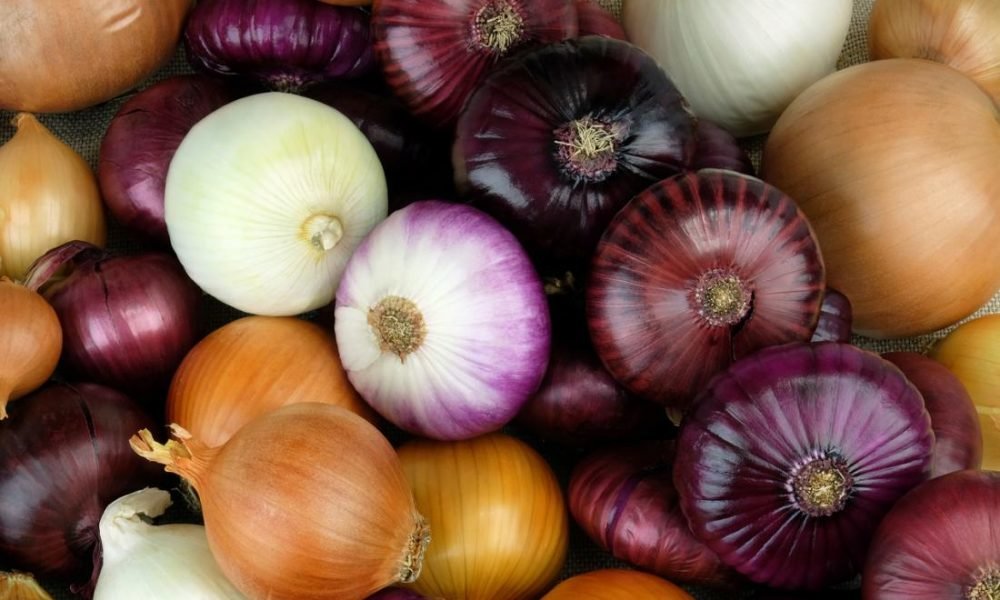
Are Onions Really Super Beneficial for Your Health?

Onions are one of the most common and versatile ingredient found in almost every kitchen and has been held in high regard for centuries. Whether you like them cooked, raw, fried or caramelized, onions don’t just deserve a spot on your cutting board for their delicious flavor, but also for numerous health benefits. Be prepared to cry some tears of joy!
According to archeologists’ discovery, onions have been around since 5000 B.C. and were even worshipped by Egyptians in ancient times due their unique round shape and concentric structure which signified the concept of eternity.
In the Middle Ages, onions were highly valued and even used as money to buy goods and services or given as presents. No wonder this inexpensive veggie is still considered an excellent health food with numerous benefits.
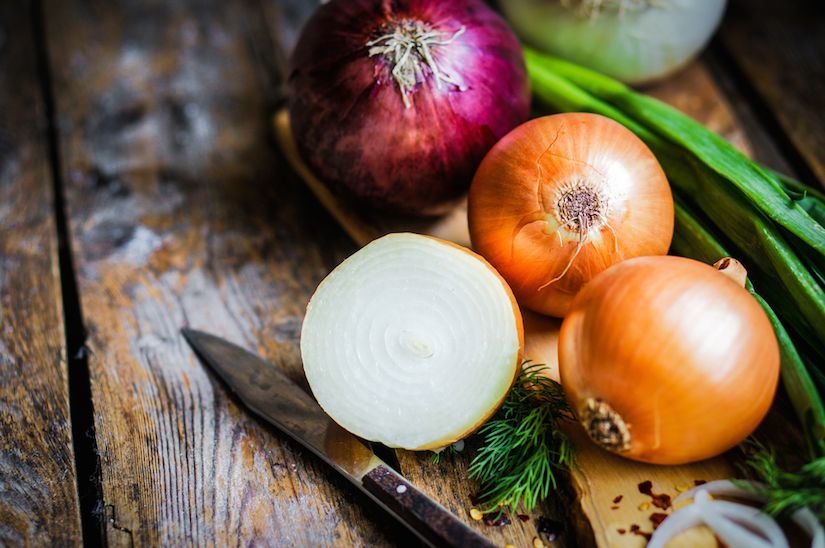
Onions are a versatile vegetable group which has been held in high regard since 5000 B.C.
Onions Reduce Cancer Risk
Along with its Allium cousin, garlic, onions have long been considered an excellent food for reducing the risk of various cancers. A highly accredited study published in American Journal of Clinical Nutrition observed participants who consumed varying amounts of garlic and onions in their diets.
After a few years, the researchers found that people who consumed more of these two vegetables significantly reduced their risk of cancers in comparison to those who didn’t eat them at all. This means that the more garlic and onions you eat, the lower the chances of getting cancer.
Onions Contain Plenty of Antioxidants
Although Onions aren’t high in their vitamin and mineral content but one-medium sized vegetable can fulfill 20% of your vitamin C as well as 10% of manganese, potassium and folate requirement. But where onions lack in nutrients, they make up for in their antioxidant content. Packed with anti-inflammatory properties, this vegetable contains more than a dozen of different types of antioxidants including quercetin which packs the greatest anti-inflammatory punch.
Onions Increase Bone Density
Apart from high antioxidant content, onions are also amazing for people in old age who suffer from osteoporosis and weak bones. One study looked at postmenopausal women above the age of 50 and observed their daily consumption of onions. Those who ate the vegetable more frequently had 20% stronger joins and high bone density in comparison to women who didn’t eat onions often. This means that incorporating onions in your diet can decrease the risk of hip fracture in old age.
Onions Aid in Digestion
Onions are abundant in a type of fiber called inulin which is a great source of prebiotics. Prebiotics help in the growth beneficial gut bacteria which aid in digestion, regulation of blood sugar and absorption of nutrients. Inulin is also beneficial for developing healthy bone density and curbing appetite, which in turn supports weight loss.
Onions are Better with Tomatoes
Onions are delicious and nutritious on their own, but when paired with other vegetables like tomatoes, they create food synergy – which means that the combined benefit of having the two foods together outweighs their nutritional value when eaten independently.
The sulfur content in onions boosts the absorption of an important antioxidant in tomatoes called lycopene, which improves eyesight, brain health and reduces risk of cancers and cardiovascular diseases. There are plenty of ways you can use tomatoes and onions together: soups, salads, omelets and sautés are all delicious with this veggie combination.
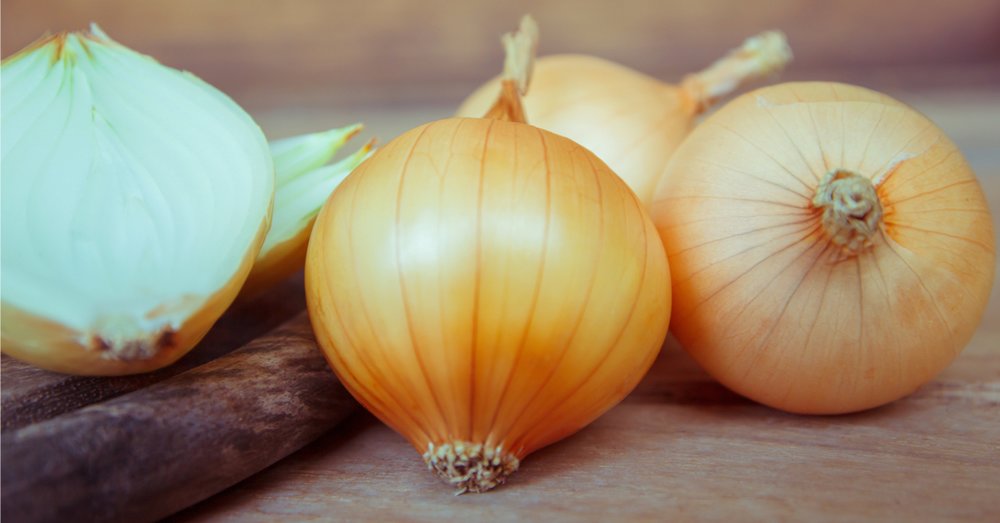
Combining onions and tomatoes creates food synergy, giving greater benefit than consuming these vegetables alone
Onions are great for Managing Cholesterol
A diet rich in onions is also beneficial for reducing cholesterol and shedding excess weight, as found in a recent study which observed obese women who suffered from polycystic ovary syndrome. Researchers divided the participants into two groups: one was assigned to a diet with plenty of onions whereas the second group consumed fewer onions on their diet. In the end, women who ate more onions reduced their cholesterol levels more than the group on a low-onion diet.
In another study, 24 female participants with high cholesterol were asked to follow an onion juice diet for eight weeks after which it was found that they had significantly reduced their cholesterol levels –especially bad LDL cholesterol – and had even lost weight.
More in Weight Loss and Diet
-
Worried About Diabetes? Here Are Some Common Myths
There are several myths about diabetes that are frequently reported as facts. Diabetes misrepresentations can sometimes be harmful, leading to an...
June 29, 2023 -
Many Patients Pay Their Medical Costs Out Of Their Pockets – Even With Insurance
With rising inflation, it has become difficult for people to even fulfill their basic necessities. They are more concerned about how...
June 6, 2023 -
What Is The Right Weight For Kids And How To Gain Weight Healthily
Keeping your child happy and healthy is the primary concern of every parent. Parents usually focus on providing their young ones...
May 12, 2023 -
Thyroid Disorders in Children: What Parents Need to Know
Thyroid disorders are not limited to adults; they can also affect children. The thyroid gland produces hormones that play a crucial...
April 29, 2023 -
Should Doctors Attend To Patients With ‘Do Not Resuscitate Tattoos’?
Doctors at the University of Miami hospital were confronted with a dilemma when a 70-year-old unconscious man with a tattoo “do...
April 3, 2023 -
Your Antidepressant May Not Work If You Keep Doing This One Thing
People use social comparison to measure their self-worth. Social comparison has been in existence since time immemorial, and it is as...
April 1, 2023 -
Pro Tips on Preventing Hair Breakage While Keeping Your Hair Moisturized at Home
Every one of us is thinking a lot about how to forestall hair breakage and keep them moisturized at home. Since...
March 22, 2023 -
Planning to Travel After Retirement? This is the Best Medicare Coverage for You
Does Medicare insurance go with you once you are out of the country? It’s currently open enrollment period, and while planning...
March 14, 2023 -
Lumeris, A Medical Insurance Provider, Expands Into 5 New States & 44 Counties
Lumeris is one of the leading insurance providers in the United States. For years, the Saint Louis, Missouri-based firm has been...
November 8, 2022

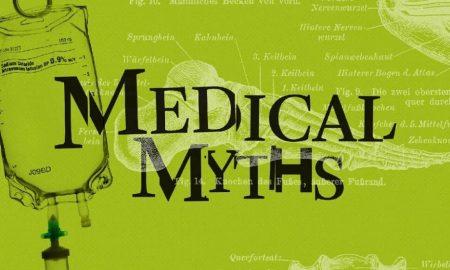

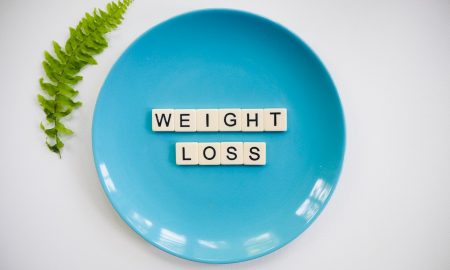











You must be logged in to post a comment Login